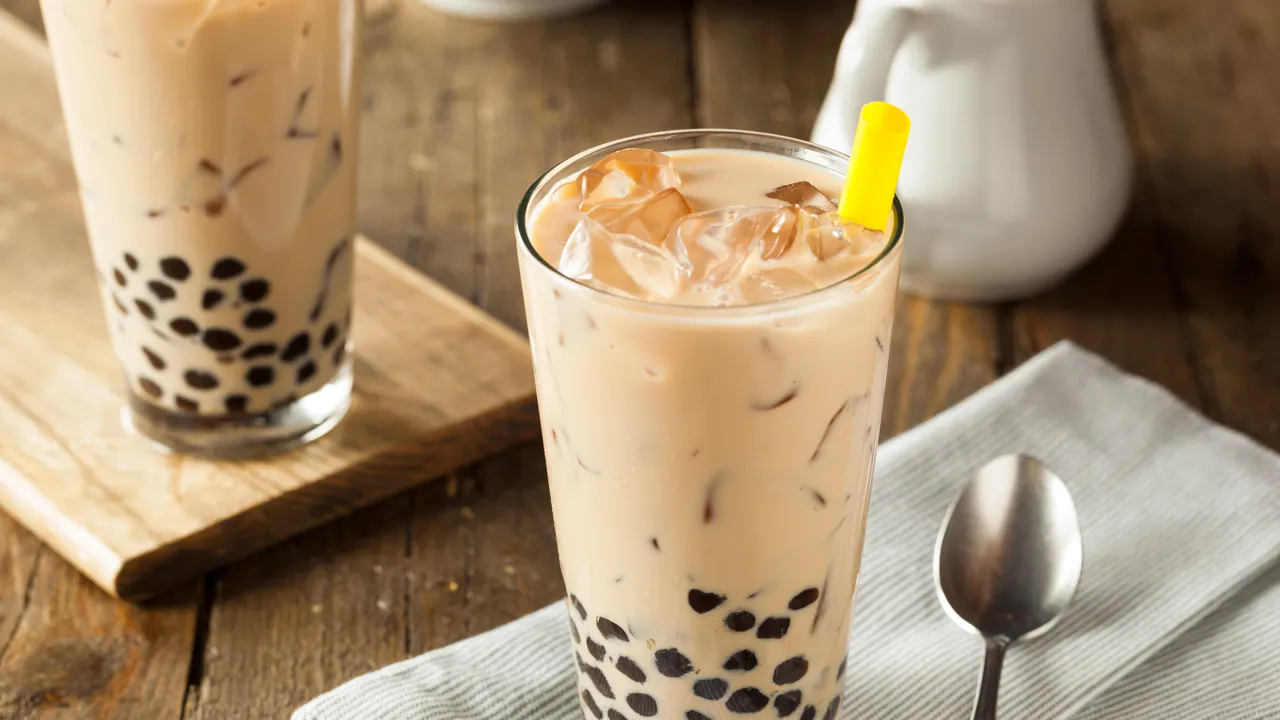
Mclub World – Bubble Tea has taken the world by storm becoming a favorite among young people and adults alike. Its chewy tapioca pearls and creamy texture make it a refreshing drink for any occasion. Yet behind the colorful cup lies a growing list of health concerns that should not be ignored. Many popular brands have been found to contain ingredients that could be harmful when consumed regularly. From excessive sugar to traces of lead contamination the beverage hides risks that can quietly affect the body. People often view Bubble Tea as an innocent treat without realizing the consequences of frequent intake. Understanding its components and how they impact health is essential for making smarter lifestyle decisions.
“Read More: The Future Is Artificial intelligence: Top 10 Facts Driving Global Transformation”
Bubble Tea has been tested by several food safety agencies revealing that some versions contain heavy metals like lead and cadmium. These contaminants usually come from tea leaves or flavor powders grown in polluted soil. When consumed over time such elements can accumulate in the body and harm the kidneys and nervous system. Some low-quality tapioca pearls also use chemical preservatives or artificial colorings that may irritate the stomach. Consumers rarely notice these issues because they are masked by sweetness and flavor. Regular exposure to contaminated ingredients puts long-term health at risk. Choosing reputable brands and avoiding unverified street vendors can significantly reduce the chance of ingesting harmful substances while still enjoying the drink responsibly.
One of the most concerning issues with Bubble Tea is its high sugar content. A single cup often contains more sugar than a can of soda which can quickly exceed daily intake limits. This overload contributes to obesity insulin resistance and even liver damage if consumed frequently. Sugar spikes energy levels temporarily but causes fatigue soon after leading to constant cravings. The mix of sweet syrups condensed milk and flavored toppings makes the drink addictive. Many young consumers are unaware of how this affects metabolism and long-term health. Reducing sweetness levels or choosing plain tea bases helps minimize sugar intake. Awareness of what goes into the drink is key to preventing chronic conditions linked to excessive sugar consumption.
“Read About: https://mclubworld.org/chatgpt-maker-bets-on-web-browser-to-challenge-google/”
Frequent consumption of Bubble Tea can affect the digestive system due to its dense tapioca pearls made primarily from starch. These pearls are difficult to digest and can cause bloating constipation or even intestinal blockage when consumed excessively. Some medical cases have shown undigested pearls accumulating in the abdomen of frequent drinkers. Additionally tea leaves used in Bubble Tea contain oxalate which contributes to kidney stone formation. When hydration is poor and sugar levels are high the risk becomes even greater. Drinking water regularly and limiting intake to occasional servings can help reduce these effects. Moderation remains the best way to enjoy Bubble Tea without compromising digestive and kidney health.
To achieve unique colors and flavors many Bubble Tea shops rely on artificial ingredients that provide visual appeal but little nutritional value. Colorants and synthetic flavor powders can cause allergic reactions or digestive irritation especially among sensitive individuals. Some non-dairy creamers used in place of milk contain hydrogenated fats that increase cholesterol and harm the cardiovascular system. Chemical sweeteners used to replace sugar might also disrupt gut balance. While these additives enhance taste and shelf life they lower the drink’s nutritional quality. Reading ingredient labels and choosing shops that use fresh milk or natural sweeteners ensures a safer experience. Clean preparation and natural ingredients can make a significant difference for long-term health.
Loving Bubble Tea does not mean giving up on health. Small adjustments can make a big difference. Start by requesting less sugar or skipping syrup-based toppings. Opt for real tea instead of powdered versions and choose smaller serving sizes. Replacing non-dairy creamers with low-fat milk or plant-based options helps reduce unhealthy fats. Homemade Bubble Tea prepared with natural sweeteners like honey and fresh fruit can be both tasty and safe. Regular exercise also helps balance sugar intake from occasional indulgence. By being mindful and selective every Bubble Tea enthusiast can still enjoy their favorite drink without fear. Health awareness allows people to maintain balance between pleasure and well-being.
This website uses cookies.